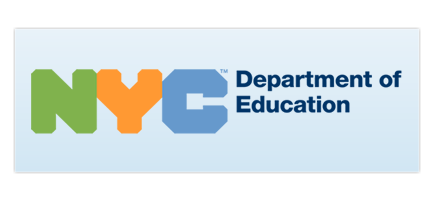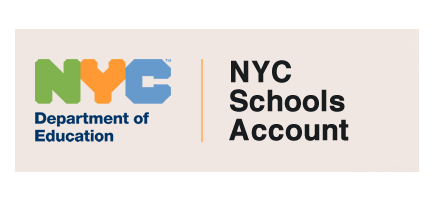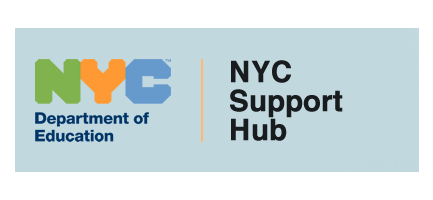Principle of Learning and Virtue/Phrase of the Month

Connections: Principle of Learning and Virtue/Phrase of the Month
2022-2023 Schedule at a Glance
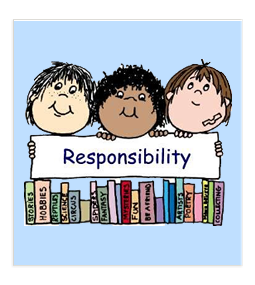
September
Principle: Organizing for Effort
Sustained and directed effort can yield high achievement for all students. Everything is organized to evoke and support this effort. High standards are set, and all students’ curriculum is geared to these standards. Some students will need extra time and expert instruction to meet these expectations.
Virtue: RESPONSIBILITY
Being accountable in word and deed. Having a sense of duty to fulfill tasks with reliability, dependability and commitment.
Core Knowledge Phrase:
“Do unto others as you would have them do unto you!”
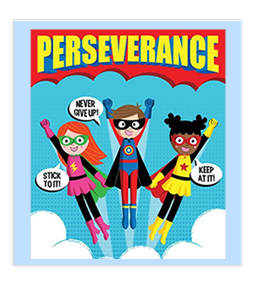
October
Principle: Clear Expectations
If we expect all students to learn at high levels, then we need to define what we expect students to learn. These expectations need to be clear to everyone. With visible accomplishment targets to aim toward at each stage of learning, students can participate in evaluating their own work and setting goals for their own efforts.
Virtue: PERSEVERANCE
Pursuing worthy objectives with determination and patience while exhibiting fortitude when confronted with failure.
Core Knowledge Phrase:
“Where there’s a will there’s a way!”

November
Principle: Academic Rigor in a Thinking Curriculum
Thinking and problem-solving must be intimately joined This implies a curriculum organized around major concepts in each discipline that students are expected to know deeply. Teaching must engage students in active reasoning about these concepts.
Virtue: CARING
Showing understanding of others by treating them with kindness, compassion, generosity and a forgiving spirit.
Core Knowledge Phrase:
“A friend in need is a friend indeed!”
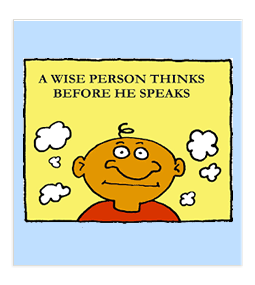
December
Principle: Accountable Talk/Engagement
Talking with others about ideas and work is fundamental to learning. Accountable talk seriously responds to and further develops what others in the group have said. It puts forth and demands knowledge that is accurate and relevant to the issue under discussion.
Virtue: SELF-DISCIPLINE
Demonstrating hard work controlling your emotions, words, actions, impulses and desires. Giving your best in all situations.
Core Knowledge Phrase:
“Never leave till tomorrow what you can do today!”

January
Principle: Socializing Intelligence
Intelligent habits of mind are learned through the daily expectations placed on the learner. By calling on students to use the skills of intelligent thinking and accountable talk, and by holding them responsible for do so, educators can “teach” intelligence.
Virtue: CITIZENSHIP
Being laws abiding and involved in service to school, community, and country.
Core Knowledge Phrase:
“All for one and one for all!”

February
Principle: Fair and Creditable Evaluation
Long term effort by students calls for assessment practices that students find fair. Most importantly, tests, exams, and classroom assessments must be aligned to the standards and the curriculum being studied.
Virtue: HONESTY
Telling the truth, admitting wrongdoings. Being trustworthy and acting with integrity.
Core Knowledge Phrase:
“Honesty is the best policy!”
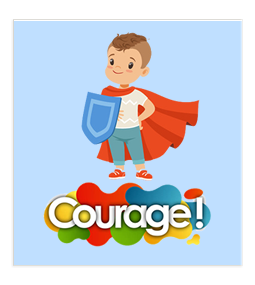
March
Principle: Learning as Apprenticeship/Engagement
Most people learn by working alongside an expert who modeled skilled practice and guided novices as they created authentic products or performances. This learning allows learners to acquire the complex interdisciplinary knowledge, practical abilities, and appropriate forms of social behavior that went with high levels of skilled performance. Apprenticeship learning can be brought into schooling through appropriate use of extended projects and presentations.
Virtue: COURAGE
Doing the right thing in face of difficulty and following your conscience instead of the crowd.
Core Knowledge Phrase:
“The early bird gets the worm!”
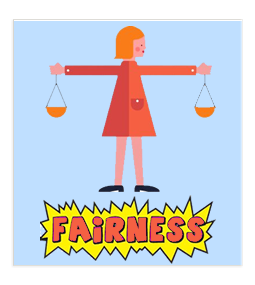
April
Principle: Self-Monitoring of Learning
Help students develop the skills of self-monitoring and managing learning. These skills include formulating questions, exploring concepts, evaluating feedback, reflecting on prior knowledge, anticipating learning difficulties, recognizing when they don’t understand something and taking corrective action to remedy the situation.
Virtue: FAIRNESS
Practicing justice, equity and equality. Cooperating with one another. Recognizing the uniqueness and value of each individual within our diverse society.
Core Knowledge Phrase:
“A place for everything and everything in its place!”

May
Principle: Recognition of Accomplishment
Clear recognition of authentic accomplishment is a hallmark of an effort-based school. This recognition can take the form of celebrations of work that meets standards or intermediate expectations. It can also be tied to opportunity to participate in events that matter to students and their families.
Virtue: RESPECT
Showing high regard for an authority, other people, self and country. Treating others as you would want to be treated. Understanding that all people have value as human beings.
Core Knowledge Phrase:
“Let bygones be bygones!”

June
Principle: Organizing for Effort
Sustained and directed effort can yield high achievement for all students. Everything is organized to evoke and support this effort. High standards are set, and all students’ curriculum is geared to these standards. Some students will need extra time and expert instruction to meet these expectations.
Virtue: INTEGRITY
A firm adherence to a code of especially moral or artistic values. Being honest, trustworthy and incorruptible.
Core Knowledge Phrase:
“Count your blessings!”


